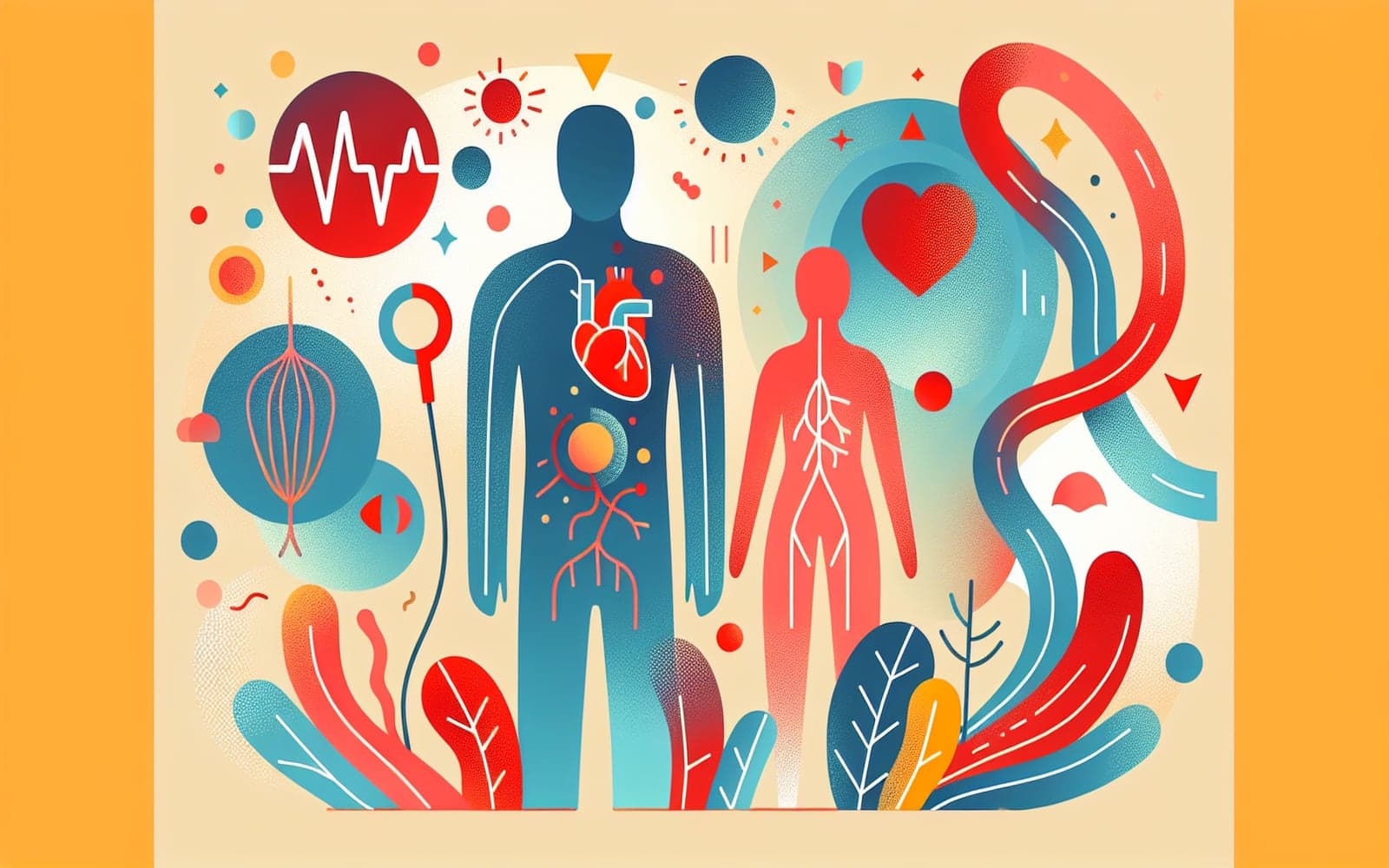The Sneaky Symptoms of Chronic Mesenteric Ischemia You Shouldn't Ignore
Published: Jul 10, 2024
Chronic mesenteric ischemia can be tricky to identify, often mimicking other digestive issues. This article reveals the key symptoms that might signal this serious condition affecting blood flow to your intestines.
Contents
Postprandial Pain: The Hallmark Sign
The most characteristic symptom of chronic mesenteric ischemia is abdominal pain after eating, known as postprandial pain. This pain typically starts within the first hour after a meal and can last for up to two hours. It's like your gut is crying out for more blood flow during digestion. The pain is often described as dull and crampy, usually felt in the middle or upper abdomen.
Weight Loss and Food Fear: The Silent Struggle
Unintentional weight loss is a common symptom, occurring in about 80% of patients. This is often due to 'food fear' - patients start eating less to avoid the pain associated with eating. It's as if your body is caught in a dilemma: eat and suffer, or avoid food and lose weight. This can lead to significant nutritional problems over time.

Altered Eating Habits: A Telling Change
People with chronic mesenteric ischemia often change their eating habits. They might eat smaller, more frequent meals or avoid high-fat foods, which require more blood flow to digest. Some patients report feeling full quickly or experiencing nausea after eating. These changes are the body's way of adapting to reduced blood flow during digestion.
Frequently Asked Questions
Pain usually begins within 30 minutes to an hour after eating.
Pain intensity can vary; it's often worse after larger or fatty meals.
Yes, symptoms may be intermittent, especially in early stages.
These symptoms can mimic other conditions; proper diagnosis is crucial.
Key Takeaways
While these symptoms can be subtle, recognizing them early can lead to timely diagnosis and treatment of chronic mesenteric ischemia.
If you're experiencing persistent abdominal pain after eating, unexplained weight loss, or changes in eating habits, don't hesitate to discuss these symptoms with Doctronic for a thorough evaluation.Related Articles
References
Sreenarasimhaiah J. Chronic mesenteric ischemia. Best Pract Res Clin Gastroenterol 2005; 19:283.
White CJ. Chronic mesenteric ischemia: diagnosis and management. Prog Cardiovasc Dis 2011; 54:36.
Always discuss health information with your healthcare provider.

